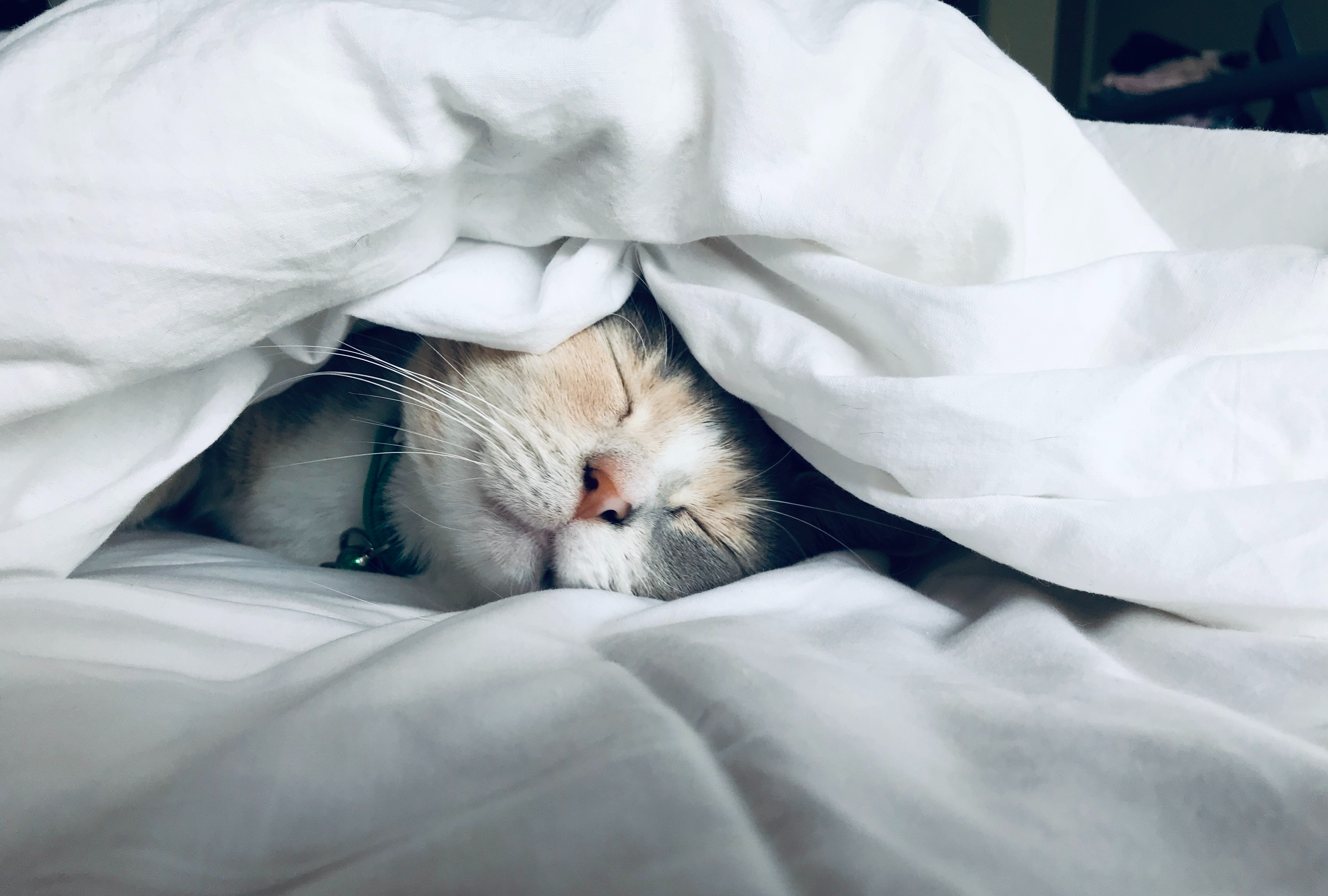
We all know that a good night’s sleep is important not only for our physical health but also for our mood and general well-being. As someone who often struggles with sleep, I can only attest to how frustrated and grumpy I feel when I don’t get my 8 or so hours of shut-eye. What’s worse, it is known that poor sleep quality is associated with a greater caloric intake, worse diet quality overall, and excess body weight which is thought to be driven by alterations in appetite hormones and a greater sensitivity to food reward1.
On the other hand, a growing body of research suggests that a higher intake of fresh, minimally processed foods is associated with a lower prevalence of poor sleep quality, while ultra-processed foods (UPFs) are linked to increased sleep disturbances in both adolescents2 and adults3. Therefore, the link between sleep and diet seems to be bidirectional in nature and can quickly lead to a vicious cycle where poor sleep perpetuates an unhealthy diet which, in turn, exacerbates issues with sleep.
The way diet influences sleep is believed to be due to its effect on neuroendocrine responses (like serotonin, noradrenaline, and histamine) and the processes causing neuro-inflammation that change brain function through the gut-brain axis4. Specifically, melatonin, a hormone which plays a crucial role in regulating our sleep-wake cycle, is derived solely from serotonin which relies on its precursor - an amino acid known as tryptophan5. Dietary sources of tryptophan, serotonin, and melatonin, including dairy, fish, fruits, and vegetables, are known to support better sleep5. Some specific examples of these foods include:
Tryptophan:
- Dairy
- Fish and other seafood
- Red meats and poultry
- Eggs
- Grains
- Legumes (including soy-based products)
- Nuts and seeds
Serotonin:
- Fruits and vegetables (plantain, pineapple, banana, kiwi, plums, tomatoes)
- Nuts (black/English walnuts, pecans)
Melatonin:
- Grains and starches
- Fruits and vegetables (tomatoes, strawberries, ginger, tart cherries)
- Nuts (almonds and walnuts)
On the other hand, caffeine should be avoided later in the day as it can delay sleep onset and slow wave sleep, while alcohol - though it may help you fall asleep faster - can disrupt the later sleep stages and lead to a less restorative sleep overall6. We also known that eating too close to bed time is negatively associated with sleep quality7 so try to leave a few hours between your final meal/snack and the time you go to bed. Watch out for a future recipe post where I’ll share my favourite evening snack to help me catch those Zzzs.
Image credit: Kate Stone Matheson on Unsplash